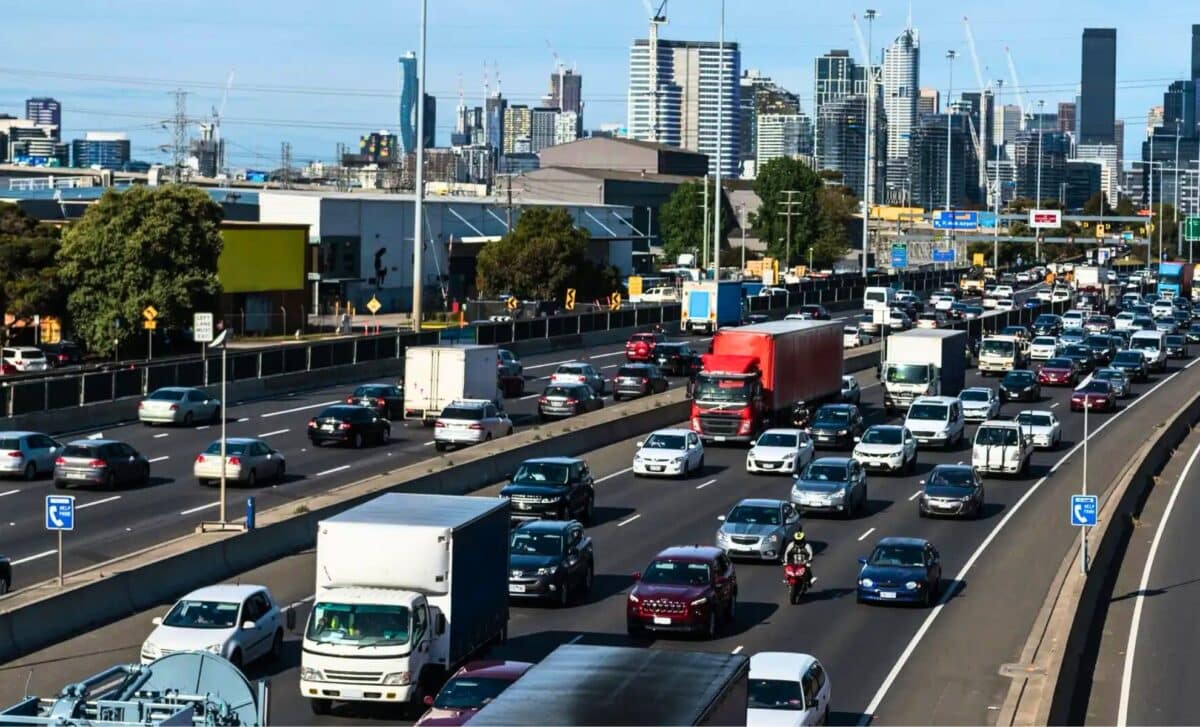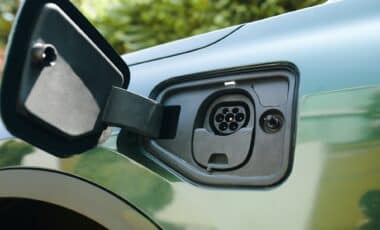The Australian federal government is considering a national road user tax for electric vehicles (EVs) as part of broader tax reforms, with Treasurer Jim Chalmers indicating that discussions are underway. The proposal aims to address the decline in fuel excise revenue, which has traditionally funded road and transport infrastructure.
Declining fuel excise and the push for a road user charge
The fuel excise tax, currently set at 50.6 cents per liter, has been a major source of road funding. However, fuel excise revenue has been in decline since 2005, long before EV adoption increased. Improvements in fuel efficiency across all vehicle types have led to reduced petrol and diesel consumption, prompting discussions about alternative funding models.
Some experts, including Professor Hussein Dia from Swinburne University, argue that the current road tax model is outdated and should be reformed. Although EVs have drawn particular attention, he suggests that all vehicles could be subject to a road-user charge based on actual usage rather than a flat fuel excise.
“The best approach—proven in numerous studies—is to charge based on how much a person drives,” Prof Dia told Yahoo News Australia. “If you travel more, you pay more. That’s similar to how fuel excise works, but it’s more targeted and fairer.”
Potential models for an EV road tax
Implementing a national EV tax comes with logistical challenges, particularly in terms of tracking vehicle usage. Some possibilities include:
- Toll transponders, similar to systems used in Singapore, which charge vehicles based on road usage.
- GPS-based tracking, which could allow for a more dynamic pricing model based on time, location, and congestion levels.
Jurisdictional issues remain unresolved. The Victorian Government introduced a road user charge for EVs and plug-in hybrid vehicles but was forced to scrap it in 2023 after the High Court ruled it was a “duty of excise”, which only the Federal Government has the authority to impose. This ruling has reignited debate over whether such a tax should be federally managed or state-administered, according to Yahoo News.
Treasurer Jim Chalmers recently told business leaders at a closed-door event that the government would work with state and territory governments to explore options for a national road user charge, although he emphasized that the process would be “considered and consultative”.
Public opinion and political challenges
Public attitudes toward road-user charges are mixed. A 2022 Swinburne University survey of 929 respondents found that most Australians support efforts to reduce congestion, yet only 32% directly opposed road-user charges. However, opposition dropped significantly when respondents were told the funds would be used for public transport and infrastructure improvements.
Historically, road-user charges have been politically sensitive. “It nearly brought down a government in Hong Kong once, so politicians are often hesitant,” Prof Dia noted. At the same time, he emphasized that transparency is key, as many EV owners feel they have already paid a premium for their vehicles through higher upfront costs, including stamp duty.
No formal policy has been announced yet, but discussions around an EV road tax appear to be gaining momentum. The extent of public acceptance may depend on how funds are allocated, as well as whether the tax is perceived as fair and proportionate across different vehicle types. According to Yahoo News Australia, the Treasurer’s office downplayed the urgency of the tax but did not provide further comment.









